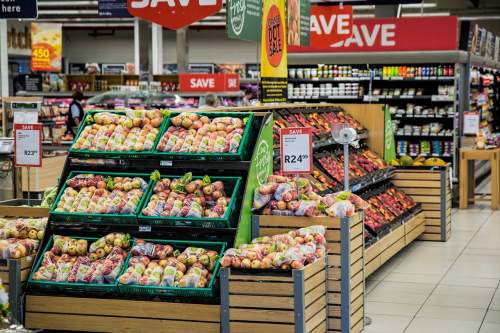
Owning farmland brings a plethora of decisions, one of which is choosing the best water supply system. Wells can be an appealing option for many farmland owners due to their potential for long-term cost savings and self-sufficiency. However, it’s crucial to examine all factors to determine if a well is the most efficient and sustainable choice for your specific property. This article will explore farm size, local water availability, and sustainability considerations to help you make an informed decision.
Farm Size
The size of your farm is a pivotal factor when considering whether to install a well. Larger farms require a significant amount of water, which can affect the well’s output and long-term sustainability. Furthermore, the installation and maintenance costs of well systems may vary depending on the farm’s size, influencing whether a well is a cost-effective choice. According to Zippia, there are over 261,194 plumbers currently employed in the United States. With so many professionals in the industry, you should have no problem finding someone to assess your situation and determine which options are best for your property.
Large farms may especially benefit from having a personalized water source to meet their elevated needs. Utilizing a well can help save money on water expenses compared to relying solely on municipal sources. However, it’s essential to assess whether the well can physically provide the necessary volume for large operations.
Smaller farms might have lower water demands, making a well an attractive option for reducing utility bills. While the upfront cost is considerable, a well can offer long-term savings, particularly in areas with high water costs. Essential to this decision is evaluating how your farm’s size relates to your water usage and budget.
Local Water Availability
Local water availability is a critical consideration when deciding to drill a well on your farmland. Regions with naturally abundant groundwater can greatly benefit from a well system. In contrast, areas with scarce or contaminated water sources may lead to complications and added expenses over time.
Understanding the water table and quality in your region is vital, as they directly impact the longevity and effectiveness of your well. Regular well maintenance is important to ensure water remains clean and safe, further emphasizing the benefit of having a consistent local water supply. An EPA recommendation often mentioned is pumping your septic tank every three to five years, underscoring the need for ongoing care in water management systems.
Assessing the viability of well water in your area can help save money by reducing reliance on external water supplies. Research through local water resources and environmental reports can provide insight into the feasibility of drilling a well. Engaging with local experts or existing farmers who rely on wells can also be insightful.
Sustainability Considerations
Sustainability should be a priority when determining the appropriateness of a well for your farmland. Wells can offer a renewable water source, contributing to environmentally friendly practices essential for future generations. The long-term environmental impact of a well is significantly lower than certain other water supply methods.
Additionally, integrating sustainable water practices can enhance the efficiency and life span of your well. Implementing advanced technology, such as energy-efficient pumps, can not only sustain but potentially augment water conservation efforts. While these technologies may have higher upfront costs, they align with the goal to save money through reduced energy and operational expenditures.
A well can become part of a broader commitment to sustainability, preserving precious resources while maintaining productivity. With tankless water heaters offering over 20 years of expectancy as stated by Energy.gov, integrating long-lasting and sustainable technology ensures an enduring benefit to your farm’s ecosystem. Prioritizing sustainability aligns economic interests with environmental responsibility.
Deciding whether a well is suitable for your farmland involves a comprehensive evaluation of various factors such as farm size, local water availability, and sustainability. While wells can offer significant cost savings and sustainability benefits in suitable scenarios, potential downsides must also be carefully weighed. Thorough research and consultation with experts can guide you in making a decision that aligns with both your economic interests and environmental responsibilities, ultimately supporting a prosperous and sustainable farming operation.





